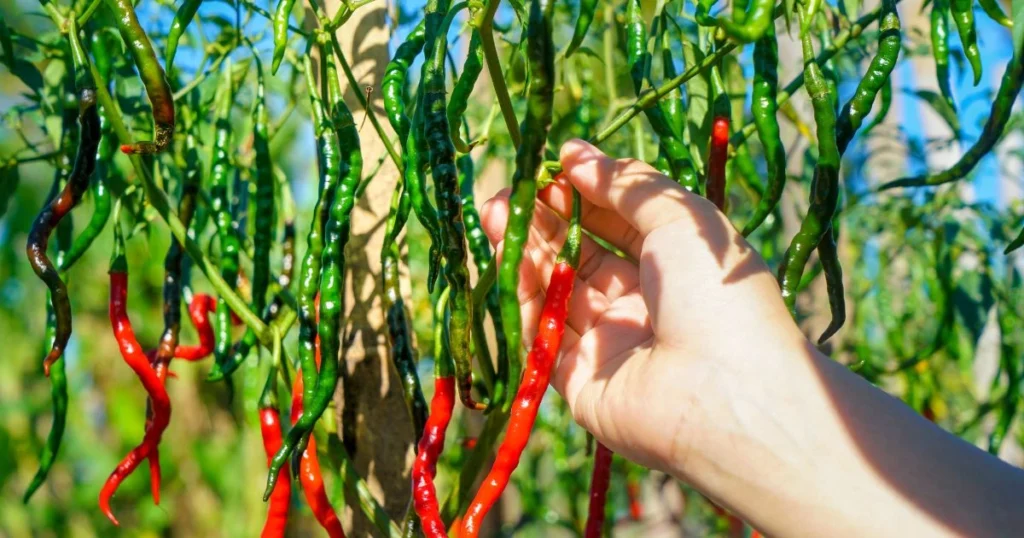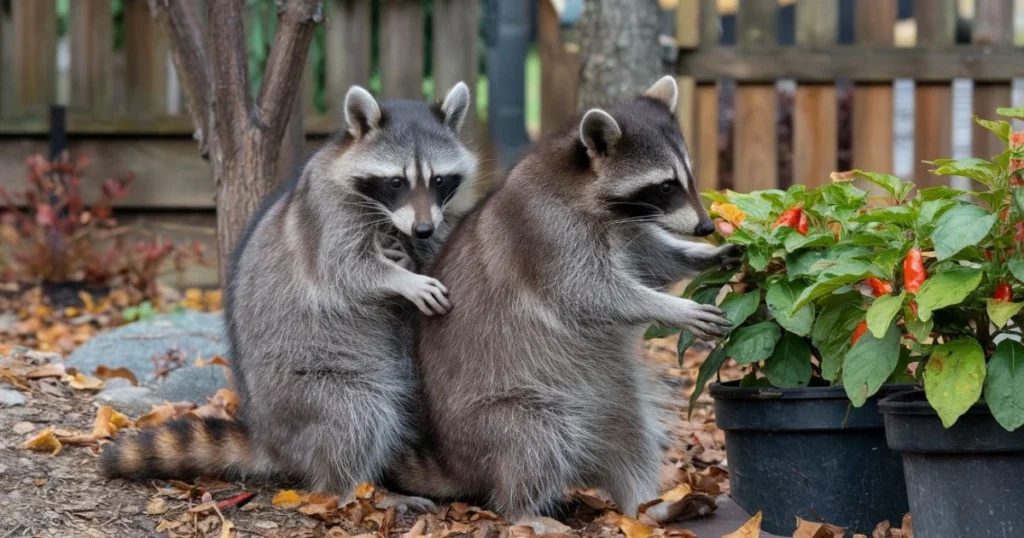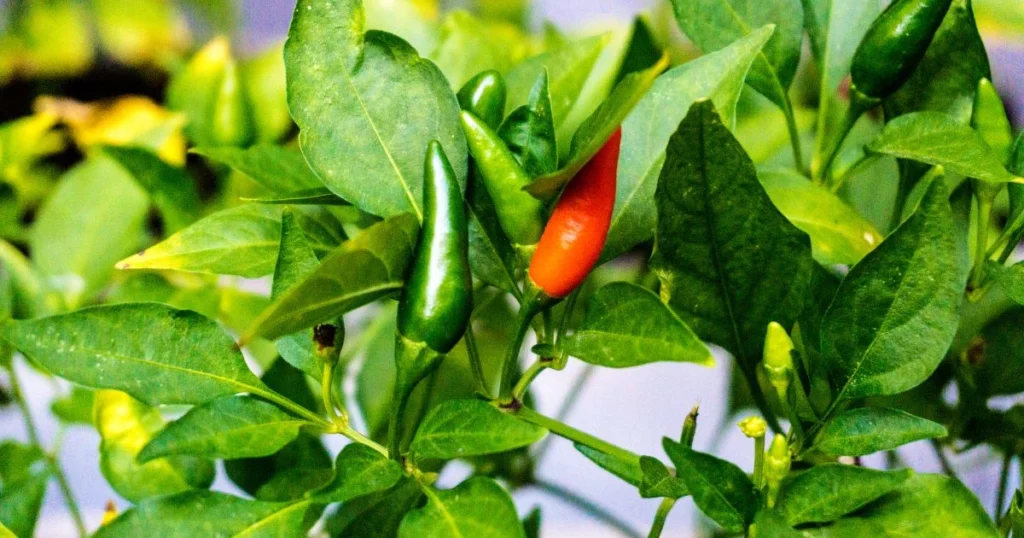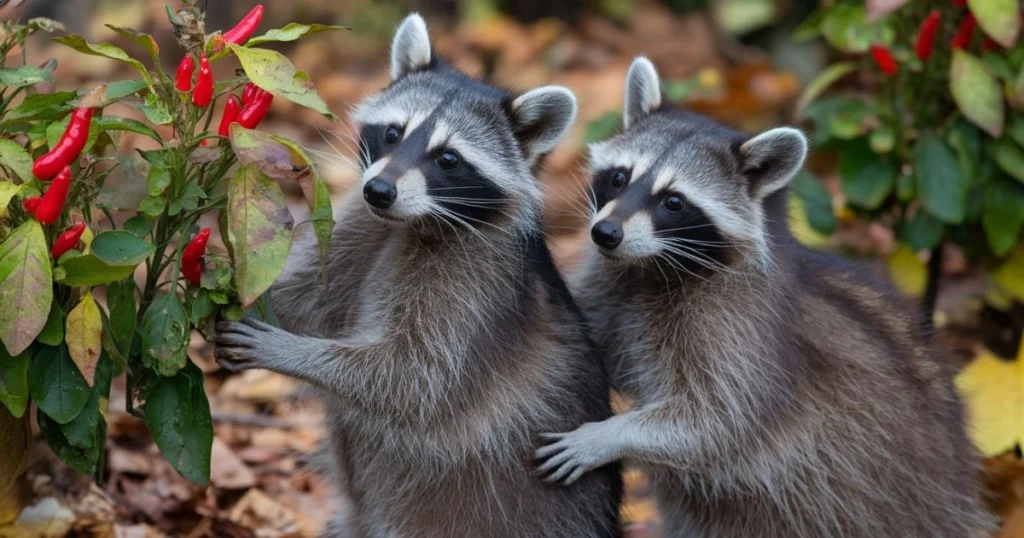
Raccoons can pose serious issues for homeowners, particularly when they invade yards, gardens, or attics for food and shelter. One common natural remedy often recommended to deter these pesky creatures is cayenne pepper. But does this method work, or is it just another myth? This detailed guide will explore how cayenne pepper is used to deter raccoons, evaluate its effectiveness, and discuss alternative strategies that might offer better results.

Before discussing whether cayenne pepper works as a deterrent, it’s important to understand raccoons' behavior. Raccoons are highly intelligent and resourceful animals known for their adaptability to both urban and rural environments. Their sharp claws and nimble paws allow them to open containers, pry open garbage bins, and even sneak into homes through small openings.
They are primarily attracted to food sources, including gardens, trash cans, pet food, and bird feeders. With their keen sense of smell and strong survival instincts, raccoons are not easily discouraged once they’ve identified a source of sustenance. Finding an effective deterrent is crucial for homeowners who want to prevent raccoon invasions.

Cayenne pepper, a popular household spice, contains capsaicin, the active component that gives it its heat. Capsaicin can cause irritation and discomfort when it comes into contact with sensitive tissues, such as the eyes, nose, or skin. The theory behind using cayenne pepper as a deterrent is that raccoons will avoid areas where the pepper is applied due to the irritation it causes.
Some homeowners sprinkle cayenne pepper around their gardens, garbage bins, and entry points, while others mix the pepper with water to create a capsaicin spray that can be applied more broadly. While this method might sound promising, its true effectiveness is worth examining more closely.
Despite its widespread use, the effectiveness of cayenne pepper as a long-term raccoon deterrent is questionable. There are several reasons why this method may not deliver the results homeowners are hoping for:

Although cayenne pepper is often viewed as a natural and safe option, there are some potential risks, especially if you have pets or small children. Capsaicin, the active component in cayenne pepper, can cause burning sensations if it comes into contact with skin, eyes, or mucous membranes. If pets accidentally ingest or walk through areas treated with cayenne pepper, they could suffer discomfort or injury.
Another potential downside to using cayenne pepper is its impact on other non-target wildlife. Birds, beneficial insects, and other animals that frequent your yard may also experience irritation if they come into contact with treated areas. In addition, frequent reapplication of pepper may result in a build-up of pepper residue in your garden, which could affect plant growth and soil health.

If cayenne pepper doesn’t seem like the ideal solution for your raccoon problem, several other natural deterrents are worth considering. These options are more reliable and involve less risk to pets and the environment.
Motion-activated sprinklers are a popular and effective deterrent for raccoons. When the raccoon enters the detection zone, the sprinkler activates, spraying a burst of water that startles the animal. This is a humane and non-toxic way to keep raccoons away from your property.
Raccoons have a strong sense of smell and tend to avoid areas with strong, unpleasant odors. Ammonia or vinegar-soaked rags can be placed near trash bins or other entry points to deter raccoons. However, similar to cayenne pepper, these must be refreshed frequently to maintain effectiveness.
One of the simplest ways to prevent raccoon invasions is to remove potential food sources. Securing your trash cans with bungee cords or purchasing raccoon-proof lids can go a long way toward preventing problems. Additionally, removing pet food from outdoor areas and keeping bird feeders out of reach can make your property less attractive to raccoons.

While natural remedies like cayenne pepper may provide temporary relief from raccoons, they are rarely effective in the long term. Professional wildlife removal services are the most reliable option for homeowners with persistent raccoon invasions.
Professional wildlife control specialists not only remove raccoons from your property but also take steps to prevent future invasions by identifying and sealing entry points. They offer humane solutions that respect wildlife while keeping your home safe.
Cayenne pepper may serve as a short-term raccoon deterrent but has drawbacks. Weather conditions, raccoon persistence, and potential risks to pets make it an unreliable option for many homeowners. Professional wildlife control services are often the best choice to keep raccoons away from your property effectively.
For those experiencing ongoing raccoon or wildlife issues, we highly recommend calling Critter Stop at (214) 234-2616. Critter Stop is a professional, humane wildlife removal company that provides top-notch service to homeowners looking to rid their properties of raccoons and other pests. With a fantastic reputation and glowing customer reviews, Critter Stop offers high-quality work and great customer service. Best of all, they offer a free inspection to assess your wildlife problem and provide a solution tailored to your needs.
This section addresses common questions about using cayenne pepper as a natural raccoon deterrent. Whether you're wondering about its effectiveness, safety, or how to apply it, these FAQs will provide helpful insights for homeowners looking to keep raccoons at bay.
Cayenne pepper irritates raccoons' sensitive noses, making it a potential deterrent for short-term use in gardens.
While cayenne pepper can deter raccoons, it may lose effectiveness over time and needs frequent reapplication.
Yes, cayenne pepper can deter raccoons from trash bins, but weather conditions may reduce its impact.
Cayenne pepper might discourage raccoons initially, but persistent animals may find ways around it.
Cayenne pepper spray for raccoons can irritate pets, so use it cautiously in pet-accessible areas.
Cayenne pepper causes discomfort to raccoons' noses, making it a natural but temporary deterrent.
Cayenne pepper irritates raccoons, encouraging them to avoid treated areas, though it may not provide a permanent solution.
Cayenne pepper can keep raccoons away from bird feeders, but frequent application is needed, especially after rain.
Visit our Critter Library and learn more about our furry friends







